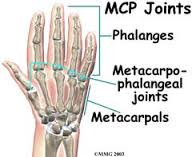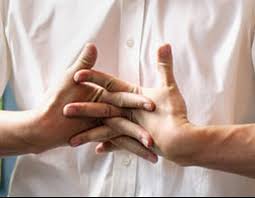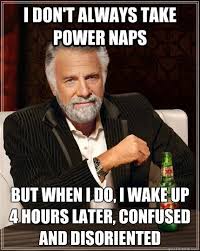Is it better to Study With Music or Without?
Lately I have been thinking about what makes good and bad study habits as I am starting to have more and more exams as the weeks go on. Being in college, and having a roommate, I have realized that two different people can have different study habits. For example, the main one that becomes an issue for me and my roommate is that I like to study and do homework with music playing in the background, and she likes quiet. This got me to thinking if one way was better or more efficient than another.
There are certain times that listening to music while studying is efficient, and times when it is less efficient. Specifically, before studying for an exam or doing homework studies have shown that listening to music allows the student to keep their attention more on the task at hand and for a longer period of time. Listening to music before studying can also help your memorization skills. However, when it comes to the actual memorizing, and not before, listening to music my hinder the student’s ability to remember the information. This is especially true if the music they are listening to has lyrics. This is due to the fact that the music and the task at hand are speaking the same language and the student may get confused as to which one they are supposed to remember. On the contrary, listening to music while doing a task that is in a different language, for example math problems, helps improves the student’s ability to perform accurately and stay focused.
Studies have shown that students thrive in their school work and studying when they are in a better mood. Researchers claim that music is one way student’s can get into that relaxed mood in order to studying most efficiently. Of course, the type of music a student’s listens to while doing work as some effect on the student’s results or ability to retain the knowledge. Researchers suggest that the best music to listen to while studying are ones without lyrics, especially classical music, because the lyrics heard can confuse the student with the information they are trying to learn. However, no one really listens to music without lyrics anymore, so researchers also suggest music that is calming but also has an upbeat tempo so the student doesn’t fall asleep. They suggest not listening to music that it too upbeat because that can just end up being a distraction. The music should not be too loud or too soft, because that can result in falling asleep or a lack of focus.
Overall, listening to music while studying is just dependent on the person as to whether it will help or hinder their performance in school. Personally, I love to listen to music while I study or do work. I tend to listen to songs that I know really well so I can just mindlessly listen to them in the background, while my focus is primarily on my schoolwork.
Elana Goodwin on January 31, 2015. “Do Or Don’t: Studying While Listening To Music.” Uloop. N.p., n.d. Web. 15 Sept. 2016.





















 was unsuccessful because the bomb did not detonate on the plane not because the man was stopped at a security screening. Now after the shoe bombing attempt passengers have to take off their shoes going through security. This is a way to stop another shoe bombing from happening again it doesn’t stop other types of threats.
was unsuccessful because the bomb did not detonate on the plane not because the man was stopped at a security screening. Now after the shoe bombing attempt passengers have to take off their shoes going through security. This is a way to stop another shoe bombing from happening again it doesn’t stop other types of threats.











